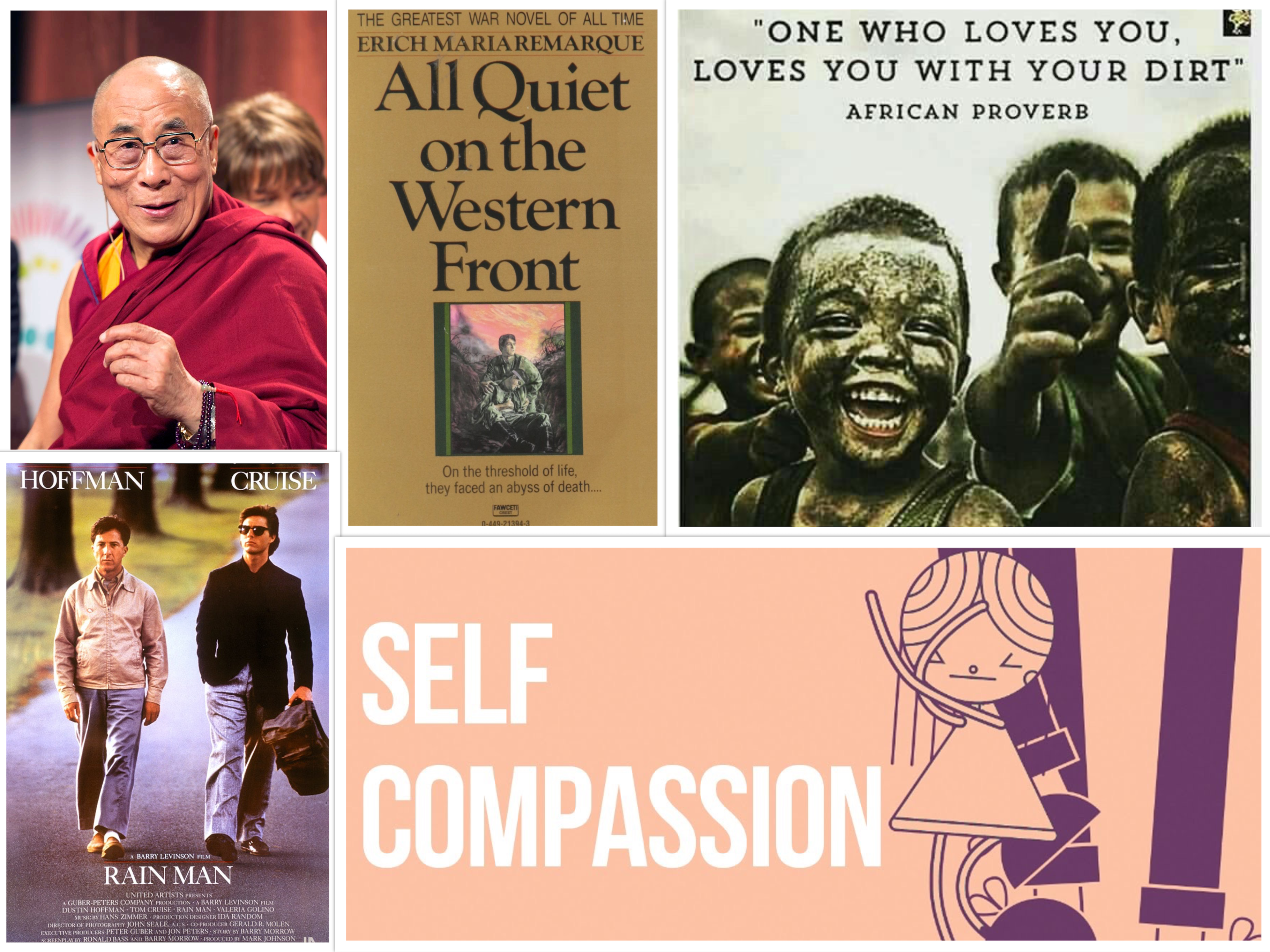Sunday Supplement #174 (September 8th, 2024)
Below is another Sunday Supplement with a quote worth sharing, a book worth reading, a movie worth watching, brainfood worth consuming, and a spiritual passage worth pondering.
Please take something away from these recommendations that enriches your week ahead!
Quote of the Week:
“Compassion is an unstable emotion. It needs to be translated into action, or it withers.”
– Susan Sontag
Book of the Week:
Dr. Jekyll and Mr. Hyde – Robert Stevenson
Robert Louis Stevenson’s famous novella Strange Case of Dr Jekyll and Mr Hyde is a well-known work of English literature and a pivotal book in the history of the gothic/horror genre.
The novella, published in 1886, follows Gabriel John Utterson, a London-based legal practitioner who investigates the connection between a murderous criminal named Edward Hyde and Utterson’s friend Dr. Henry Jekyll.
Utterson believes that Mr. Hyde is blackmailing Dr. Jekyll after Jekyll covers for the brutal acts of the murderer.
Finding a work of art that lasts for decades or centuries is a beautiful experience. I thoroughly enjoyed reading Stevenson’s novella and highly recommend it.
Movie of the Week:
Richard Linklater’s 2014 film Boyhood depicts the childhood and adolescence of Mason Evans Jr., from ages six to 18, as he grows up in Texas with divorced parents.
Linklater filmed the movie from 2002 to 2013. The project began without a completed script, and Linklater allowed all pivotal actors to participate in the writing process to help incorporate their experiences into their characters’ stories.
Ellar Coltrane portrayed Mason, Ethan Hawke portrayed Mason’s dad, Patricia Arquette portrayed Mason’s mom, and Lorelei Linklater portrayed Mason’s sister. Each had a phenomenal performance.
Boyhood was nominated for six Academy Awards, including Best Motion Picture of the Year. Arquette won for Best Performance of an Actress in a Supporting Role.
When I first saw it, it felt like a unique experience in Cinema history. The story, acting, and directing are brilliant. It’s almost three hours long and well worth the watch.
Brainfood of the Week:

Guide to Overcoming People Pleasing | Eckhart Tolle
Eckhart Tolle is a spiritual teacher, public speaker, and bestselling author. I’ve featured some of his videos and books in previous Sunday Supplements.
In this video, Tolle answers a question from an audience member about growing in a different (spiritual) direction than a family member and how to handle that situation.
Tolle states our happiness or fulfillment does not depend on any other human’s acceptance of who we are.
Tolle explains how conditions of society and environments can lead to judgments of others. He encourages understanding, compassion, and acceptance.
If you enjoy the video, check out some of the other posts where I’ve featured his work.
Closing Spiritual Passage:
“Indeed, Allah is with those who are righteous and those who do good.”
– Surah Al-Ankabut 29:69
This passage from the Quran is an interesting litmus test for determining whether one’s actions qualify for God’s approval.
Many religious messages are twisted by those who claim to be followers to justify their actions or what they think is righteous and good.
I think we must reflect on our thoughts and actions and ensure they align with what is righteous and what is good.
Many different verses and passages from various religions speak about righteousness and goodness. Seek those sources that help you be your best self.
Have compassion for yourself and others, and have a blessed week ahead!


